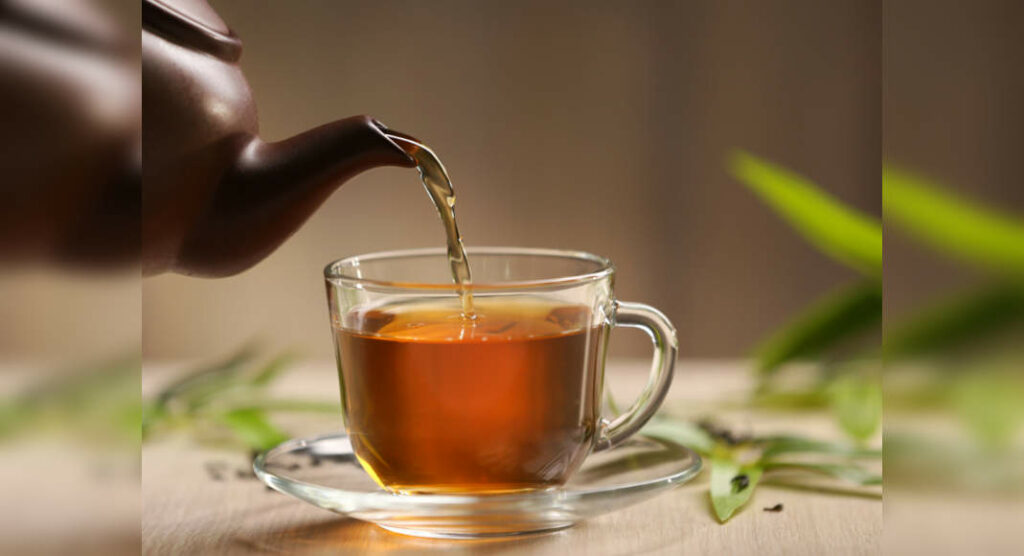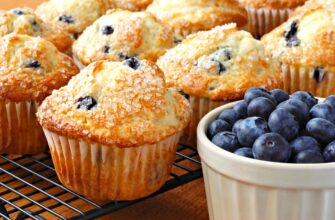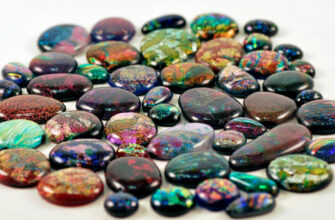Pros and Cons of Drinking Tea

True teas and herbal teas are the two primary types of this wonderful beverage. The Camellia sinensis tea plant’s leaves are used to create authentic teas. The leaves, blossoms, and roots of many plants, herbs, and spices are used to make herbal teas. Depending on the kind, tea might have an earthy and malty flavor or a flowery and airy one. When compared to coffee, one of the most frequently cited advantages of tea is that it comes in a wide variety of flavors.
The Yunnan area of China started utilizing tea as a health tonic during the Shang period. This drink’s heritage is as extensive as its flavor.
Emperor Shen Nung was heating some water when it all started. The water became aromatic and tasty when a plant leaf dropped into it. As time went on, this beverage spread around the globe.
TEA PROS
You may know that drinking some types of tea, like black and green, is healthy, but there are also some additional benefits to drinking this beverage that you may not be aware of.
1. Eliminates free radicals
Compounds known as free radicals have been linked to cancer and cardiovascular disease. Premature aging is also caused by free radicals. They can lead to the emergence of wrinkles and fine lines as well as dry, dull skin.
Free radicals are mostly brought on by exposure to dangerous substances, alcoholism, smoking, poor diets, and environmental pollution. Antioxidants included in tea aid to neutralize free radicals, promoting general human health. Due to its powerful antioxidants, tea might make you feel and look younger.
Antioxidants are abundant in tea but are absent in coffee. There are several health advantages associated with the polyphenols, tannins, and catechins found in tea. Antioxidants included in it have potent defensive qualities and promote health. Among other advantages, this has been connected to a decreased incidence of diabetes and cancer.
2. Heart health
People who consume tea often have a decreased risk of heart attack and stroke. By lowering blood vessel inflammation, tea lowers high blood pressure. Tea’s anti-inflammatory qualities also lower the incidence of heart attacks and artery blockages.
3. Brain health
Tea has a strong connection to brain health and the prevention of neurological disorders like Parkinson’s and Alzheimer’s.
Regular tea users who have a few cups a day have a tendency to have less mental deterioration. Black tea significantly lowers cognitive impairment, according to research.
3. Digestive health
Tea speeds up the digestive process, reducing nausea, upset stomach, and digestive disorders. According to one research, tea helps to boost good gut flora while removing harmful bacteria that can lead to stomach ulcers and salmonella.
Tea also includes anti-diarrheal effects that can help cure diarrhea and promote regular bowel motions. Ginger tea, like other herbal drinks, can help stop nausea. For generations, people have used this tea to effectively treat motion sickness and morning sickness.
4. Weight loss
Tea can help you lose weight more quickly, which is one of the health advantages that is most widely acknowledged. Supplements made from green tea are well-known in the weight reduction sector.
Due to its high EGCG content, black tea is also a potent weight-loss aid (or epigallocatechin gallate). A potent antioxidant with strong protective qualities is EGCG. This tea catechin promotes quicker fat burning by raising body temperature. Additionally, EGCG helps the body burn stored fat and can enhance workout performance. Black tea boosts the body’s capacity to function during intense aerobic activity by increasing norepinephrine release.
5. Increases energy
Black tea may give you a jolt of energy to get your day going or get you through a dismal day. Tea includes more chemicals than coffee that optimize the energy-boosting benefits of the caffeine it does contain. L-theanine, an amino acid, is a component of tea. This amino acid prevents caffeine from releasing quickly, giving the user a more gradual and consistent energy boost.
6. Boosts immune system
There’s a solid reason why when they start to feel ill, most individuals seek for a cup of hot tea. A significant portion of the vitamins and minerals in tea boost immunological functions.
Invading germs and viruses are fought off by white blood cells, which can multiply more while drinking black tea. Anti-inflammatory substances that are soothing also aid in easing sore throat discomfort.
Some teas, such as herbal teas like eucalyptus, act as decongestants help release mucus in the airways and enhance breathing.
7. Reduces bad breath
Who knew that this hot beverage may help with chronic halitosis? Streptococcus mutans, one of the most prevalent bacteria in the mouth, cannot develop when this beverage is consumed. You won’t have that persistent odor when your mouth has less microorganisms.
TEA CONS
While drinking tea has numerous advantages, there are a few disadvantages to take into account. The drawbacks include the following:
1. Teeth staining
The most significant problem for people who routinely use this elixir is tooth discoloration. When patients have cracks and pits in their teeth due to poor oral hygiene, this is a serious issue. Additionally, this beverage’s tannic acid appears to harm enamel.
2. Causes gastric ulcers
This hot beverage might cause ulcers if you consume it in excess. This is especially true for people who already experience problems with excessive stomach acid production.
3. Can cause anemia
Due to the high quantities of tannic acid in this beverage, it is advised that you sip it at least an hour after a meal. The body’s capacity to absorb iron is decreased by these acids, which frequently result in anemia and iron deficiency.
4. Increases anxiety
Similar to a cup of coffee, consuming too much of this beverage might make you feel more anxious. It should be mentioned that this hot beverage has far less caffeine than coffee.
5. Nausea
Many people may feel queasy from some of the ingredients in this drink, especially if you consume it frequently.
6. Dizziness
People who are sensitive to caffeine have complained of experiencing dizziness, despite the fact that it is not the most prevalent adverse effect. It is thought that people only experience this when they drink more than 6 to 12 cups each day.








